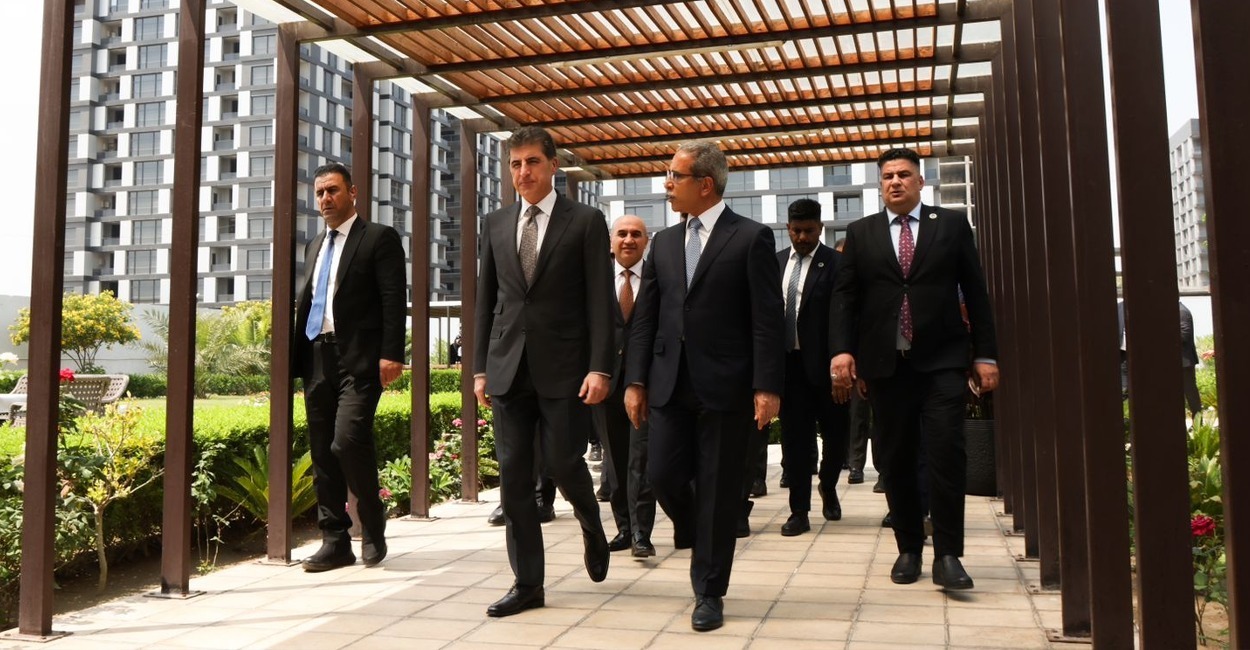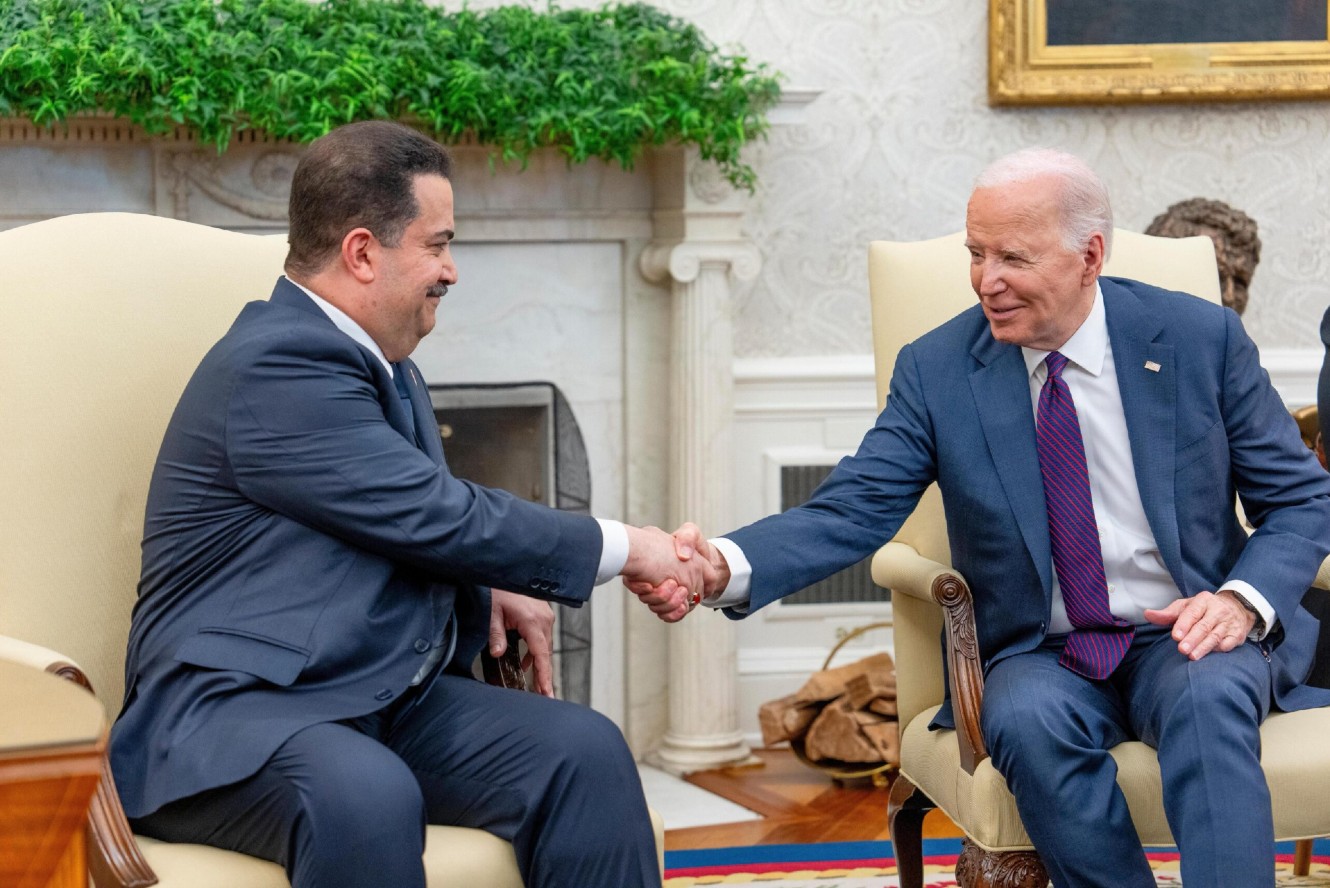




In a significant development, Iraq has started repaying its substantial debt to Iran with fuel oil, a move necessitated by U.S. sanctions that restrict direct financial transactions. The Iraqi government is currently delivering approximately 190,000 barrels of fuel oil per day to traders designated by Iran. This debt, primarily incurred for electricity and gas imports, is estimated to be around $11 billion [6857fa45].
The decision to utilize fuel oil for debt repayment follows a $2.76 billion payment plan announced by Iraq in spring 2023. Iraq's Foreign Minister Fuad Hussein successfully secured a waiver from the U.S. government, allowing this arrangement to proceed without violating sanctions [6857fa45].
This situation unfolds against a backdrop of ongoing discussions between the Kurdistan Regional Government and U.S. officials regarding oil exports. Prime Minister Masrour Barzani recently engaged with U.S. Assistant Secretary of State for Energy Affairs Geoffrey Pyatt to address the suspension of oil exports from the Kurdistan Region, which has been halted since March 2023 due to a ruling favoring Baghdad. Barzani emphasized the economic ramifications of this suspension, citing a loss of over $25 billion in revenue [db8966ac].
The complexities of Iraq's energy landscape are further highlighted by the ongoing disputes between the Kurdistan Region and the federal government in Baghdad over fees owed to international oil companies. These disputes have created a challenging environment for economic stability in the region [db8966ac].
In a related context, U.S. Representative Mike Waltz has put forth an amendment to designate Iraq's Supreme Judicial Council and its President, Judge Faiq Zaidan, as 'assets controlled by Iran.' This proposal has garnered support from Nechirvan Barzani, the President of the Kurdistan Region, who condemned any attacks against Judge Zaidan, reflecting the intricate political dynamics at play [b7862f4f].
Moreover, U.S. President Joe Biden's recent meeting with Iraqi Prime Minister Mohammed Shia al-Sudani focused on strengthening bilateral relations and economic cooperation, amidst the backdrop of regional tensions, particularly the ongoing conflict between Israel and Hamas [c4cbc11b].
As Iraq navigates these multifaceted challenges, including its debt repayment to Iran and the complexities of oil exports, the Kurdish region's political and economic future remains closely linked to Baghdad's decisions. The U.S. is encouraged to foster a more empathetic relationship with Iraq, focusing on economic diversification and cooperation across various sectors, while also addressing the internal crises within the Kurdish region [625509f2].